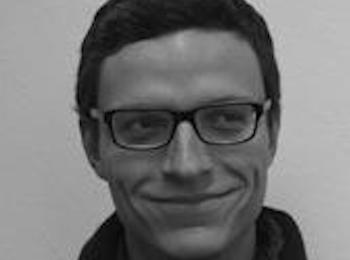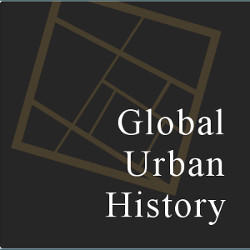Björn Blaß

Björn Blaß (born 1985 in Germany) received his B.A. in History and English Speaking Cultures from the University of Bremen and his M.A. in Modern & Contemporary History from the Freie Universität Berlin. During his studies he received a stipend from the German Merit Foundation and worked as a research assistant at the University of Bremen, Freie Universität Berlin and Humboldt-Universität zu Berlin. Since 2014 he pursues his PhD as part of the International Max Planck Research School for Moral Economies of Modern Societies at the Max Planck Institute for Human Development in Berlin. His thesis Environments of Disposal: Moralities, Practices, and Localities of Waste focuses on the occurrence and solution strategies of the urban waste problem at the end of the nineteenth and beginning of the twentieth century.
Environments of Disposal. Moralities, Practices and Localities of Waste (1880‐1930)
My project investigates the development of waste regimes in Berlin and New York between 1880 and 1930. Analytically, I frame waste not merely as a material artifact, but as the subject of historically contingent cultural, social, economic and political constructions. The study aims to identify the shifting moral notions, embattled practices and leading actors in the shifting discourse on waste management.
By the turn of the nineteenth century, traditional notions and practices of sorting, reusing and disposing came under closer scrutiny. The arguments put forward by citizens, waste workers and experts alike were not merely of a technical nature as they communicated convictions of an ideal hygienic city. Thus, public pressure and the appalling urban living conditions eventually put waste on the administrative agenda enabling a transformation of the urban environment and regulation of everyday practices of disposal.




